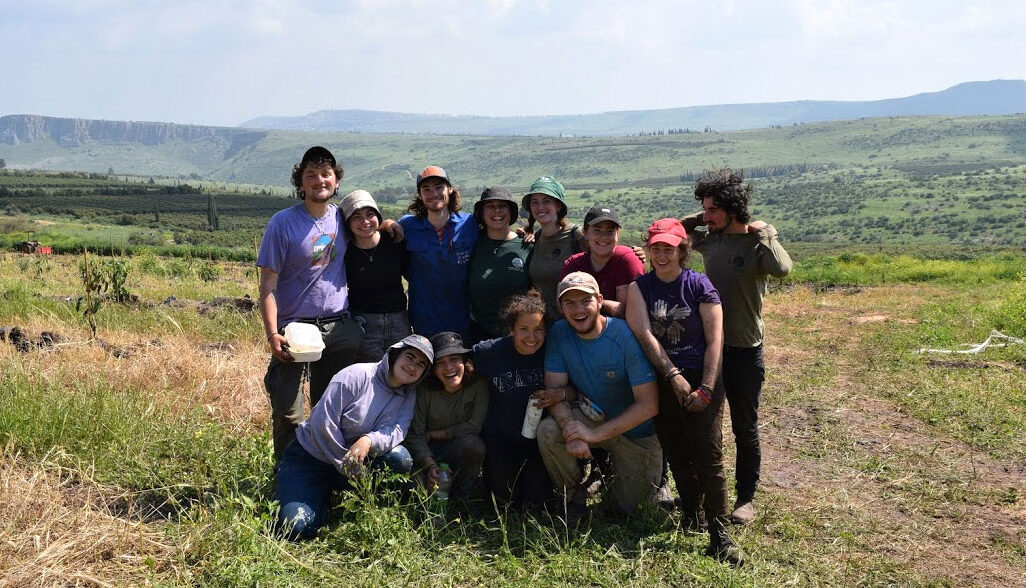
While many Israel gap year providers cut their programming short in response to the onset of the COVID-19 pandemic in March, Habonim Dror's Workshop program acted quickly, moving participants from their urban educational volunteering posts to the orchards of Kibbutz Ravid, enabling them to continue their year with minimal risk. Now, following the success of that approach, Habonim Dror is making significant changes to Workshop for the coming year. For the first time in 70 years, current college students will be able to participate in this September's program, under the same farming framework developed in March, and the program will be shortened to one semester, with an option to stay for six months.
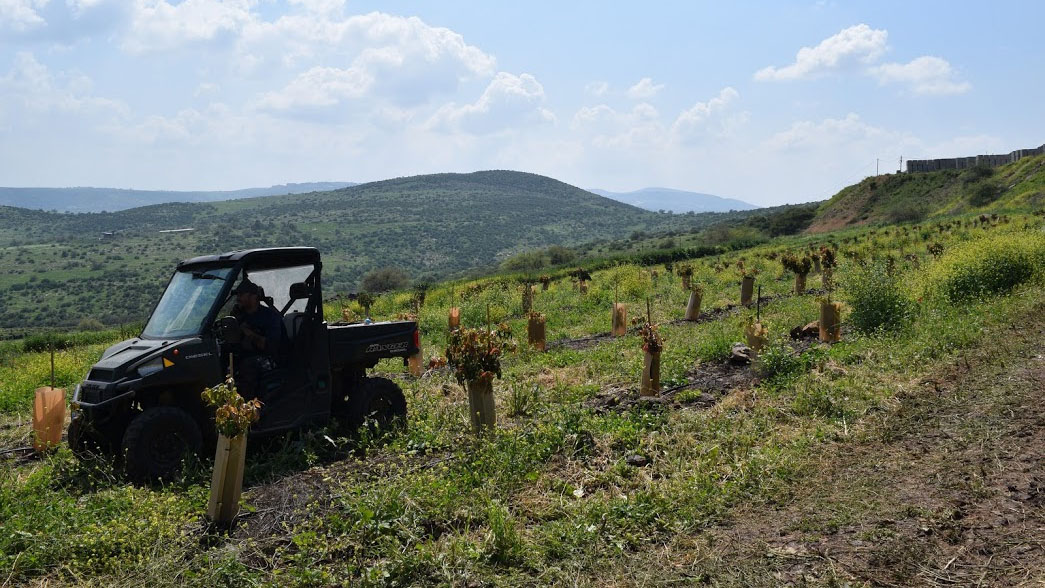
Facing a global crisis that is still sweeping the world, many gap year participants in Israel abruptly ended their experiences and returned to their home countries. Others hunkered down in apartments in Israeli cities. Participants on Habonim Dror’s Workshop stayed for the full length of their program.
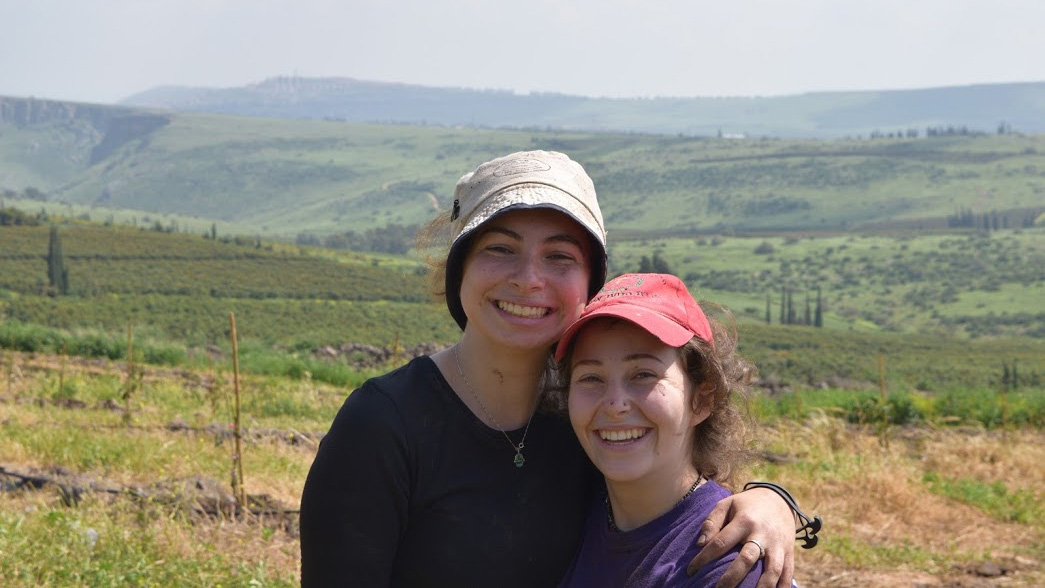
Charlotte Frischer from Chicago reported receiving "an incredible, once-in-a-lifetime opportunity to experience Labor-Zionism in ways that we had only learned about." For three months, her group tended to goats, planted avocados and ran online activities in English for Israeli school children.
But while the current cohort was having this unique experience, leadership of Habonim Dror North America were already contending with the challenge of recruiting young people to a program halfway around the world, during a time of exceptional crisis.
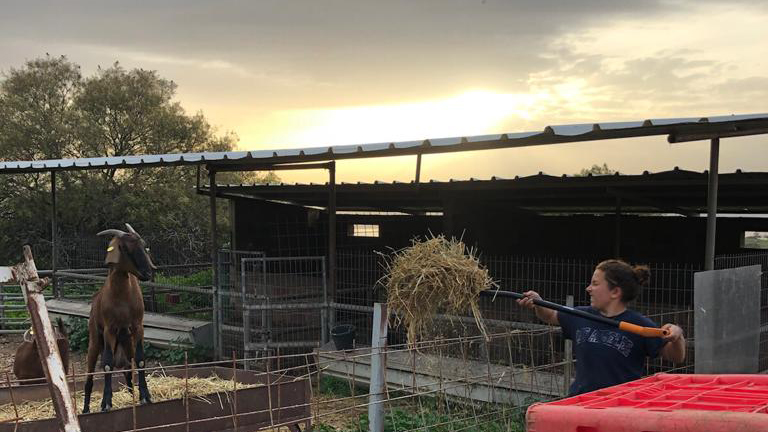
"When you're facing the kind of uncertainty that something like COVID-19 brings with it, it's hard for people to commit to a full year in another country," explained Naomi Tamura, director of programs at Habonim Dror North America. "At the same time, as more and more colleges and universities announce that their classes will be taking place online in the fall, folks who hadn't considered spending time in Israel this year are looking for options."
With these two things in mind, Habonim Dror has decided to alter its traditional formula to allow for current college students as well as those who've just finished high school to participate. In addition they are shortening their program to one semester, to allow people who are worried about a long-term commitment to come for a shorter period.
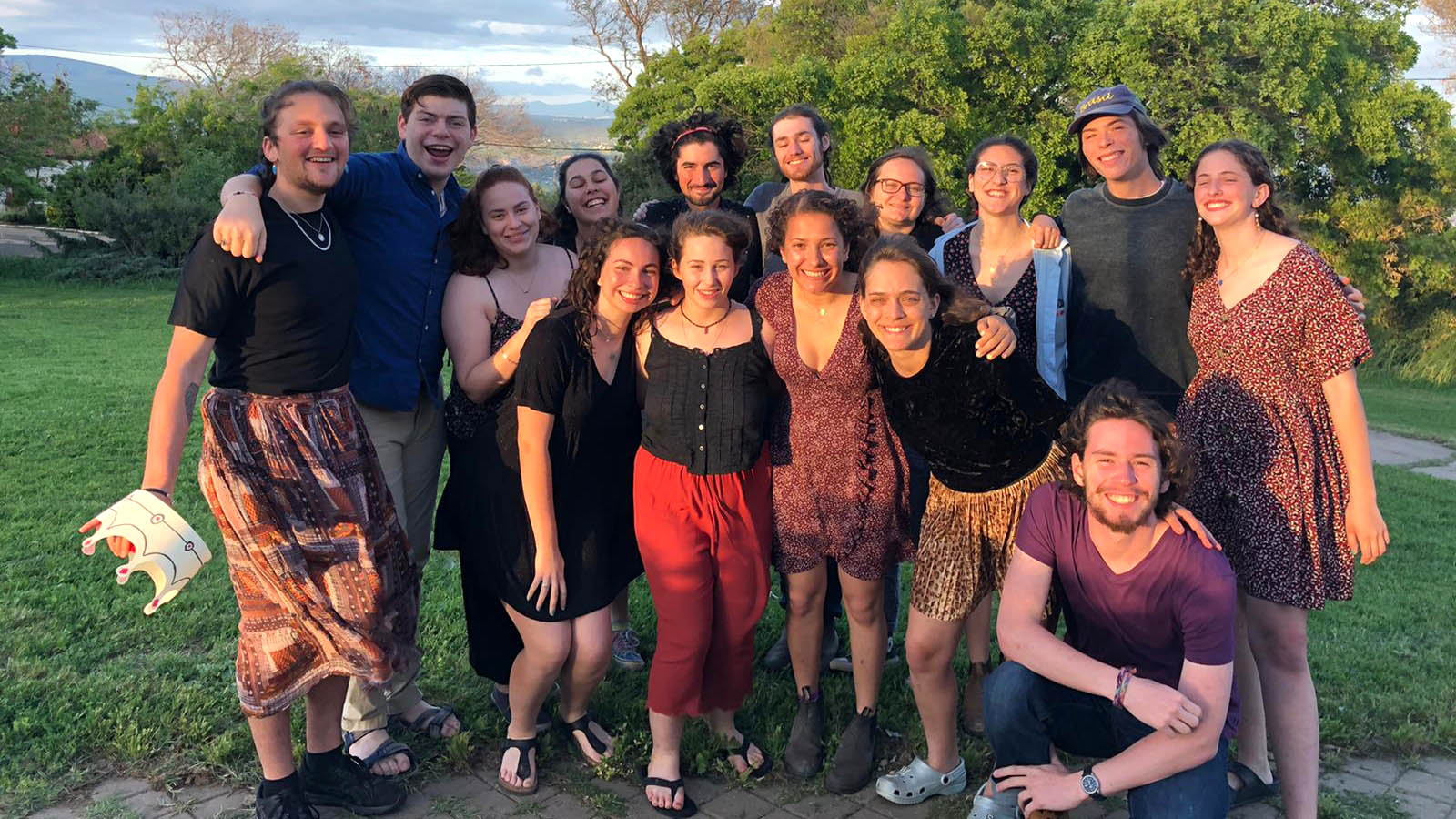
This isn't the first time that Workshop has been shortened. In the 1990s the program was reduced from 11 months to 9 months in order for returning movement members to work as counselors at their home summer camps. As then, some people now question the wisdom of this move. Billie Goldstein, a participant in the 20th Workshop and mother of two graduates of the program wrote in a facebook group for Habonim Dror alumni: "Four months is NOT workshop…it will cease to have the potential to change people's lives".
Yet others in the group disagreed with her assessment and many are excited about the changes the program has undergone since COVID-19, getting back in touch with its agricultural roots. Sarah Goldberg, an HDNA graduate living in Haifa wrote, "I saw photos from this year's workshop and honestly it looks like they had the best spring of anyone anywhere in the world. Sign me up."
The Workshop program documented the altered program in a video on their Facebook page.
This coming year's Workshop will also take place on Kibbutz Ravid, and will build on the success of last year's program. In the fall of 2020, college-aged participants will volunteer in agriculture on a communal farm and work in youth education with Jewish and Arab-Israeli youth from Habonim Dror's Israeli sister youth movement, HaNoar HaOved Ve'HaLomed. Participants will continue to engage in seminars on Judaism, Hebrew, hadracha (leadership) and Israeli politics, as past Workshops have done.
HDNA is hoping that by being innovative and flexible they can bring the essence of their gap year program to even more people, despite challenging circumstances. At a time when numerous Jewish organisations are trying to restructure their programs, this is an initiative worth looking at.






